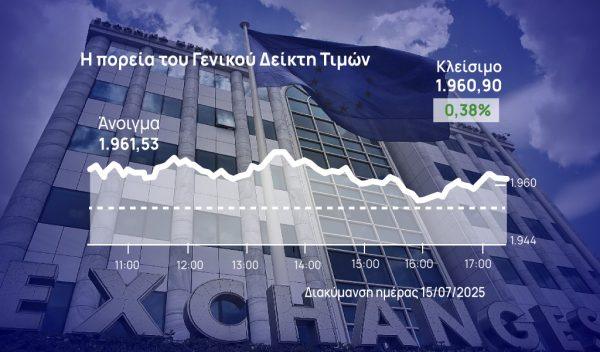After the announcement of the minimum number of points (in the nationwide university admissions exams) needed to gain admission to each of the country’s university faculties, the anxiety of thousands of applicants has ended.
At the same time, a new cycle of anguish begins for the students who will sit for exams next year.
These endless cycles of anxiety, which remind one of the fact that that the current system of university admissions reflects a more general perception of the education system that has reached its end.
Many education ministers over the years claimed that they heralded a change in the system. There are perhaps even more who recognise that it breeds dysfunctions, from the fact that rote learning is a necessary precondition for success, to the fact that it creates two tiers of students and the compulsion to gain admission to faculties for which there is great demand.
Such an education system cannot meet the demands of the 21st century.
However, no education minister until now has dared to undertake a radical overhaul of the exams system. What is needed is a change that will uproot antiquated mentalities, that will allow brilliant minds to flourish, that will recognise critical thought as a basic element in studying, and that will require the cultivation of substantial knowledge, with a focus on quality and not quantity.
A radical overhaul of the education system naturally requires a broad dialogue, proper preparation, and a focus on the long-term, rather than on the next elections.
When, however, even the minimum number of points required to gain university admission becomes the object of political games and partisan aspirations, it is hard to believe that this radical change in the admissions system will come any time soon.



























